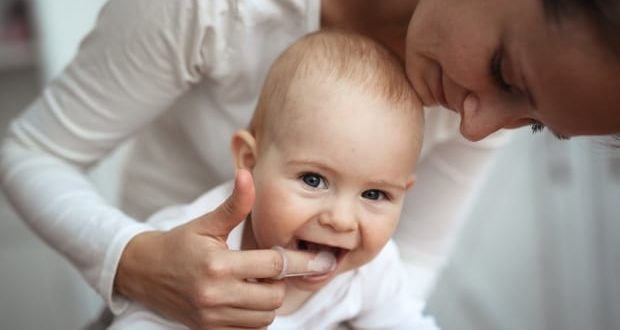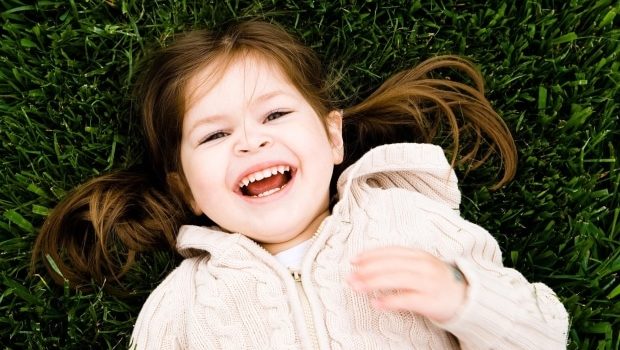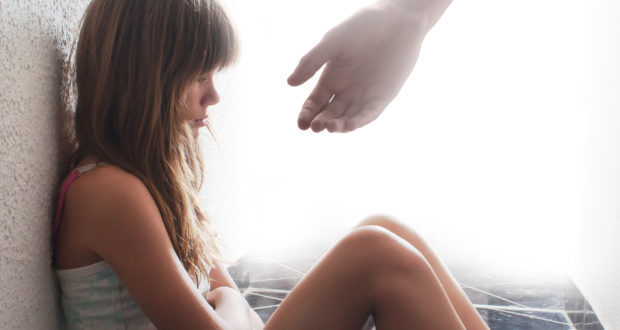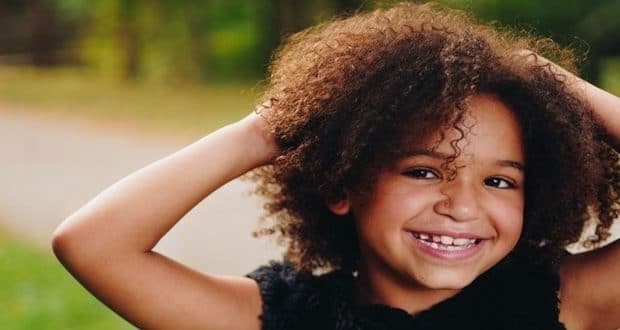style="margin-top: 0px; margin-bottom: 0px;" class="sharethis-inline-share-buttons" >
Teething may start in babies aged six to twelve months, sometimes even earlier, and can be quite painful for many infants. According to a study published in Pediatrics in Review, some of the most common teething symptoms are drooling, biting, and irritability.
Since the condition can become very painful, babies often cry uncontrollably out of despair. As a result, this can lead to the point of alarming the parents. So how can you differentiate between what’s real in terms of teething in babies? Here’s what you should know.
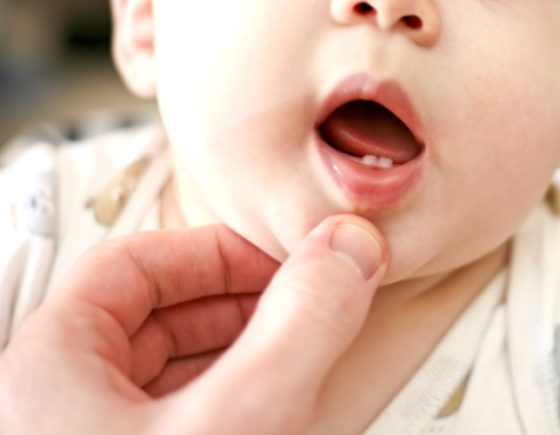
Primary Teeth Emerge Randomly
There’s an ancient teething belief about an infant’s primary teeth emerging in random order that many new parents still keep up to this day. In fact, many medical professionals attest the order in which the primary teeth erupt seldom varies from one infant to the next.
Parents who learn the eruption sequence can immediately notice the early signs of teething easily by checking for signs in locations where the next teeth are supposed to erupt. The first indicator that a primary tooth will emerge soon is an inflamed gum tissue where the tooth is set to erupt.
There are also instances where some babies develop eruption cysts before the emergence of the tooth.
In most cases, the primary teeth that erupt first are lower central incisors or the lower front teeth. The upper front teeth or the upper central incisors come next. Primary teeth often emerge in pairs.
After the eruption of the lower and upper incisors, the next to emerge is usually the lateral incisors, followed by the canine teeth, and finally, two molar sets will appear. During this time, your baby might feel a bit restless and uncomfortable.
For many babies, this is a painful period where parents often find it hard to soothe their babies. When this happens, consider offering natural teething trinkets your baby can gnaw on to somewhat alleviate the pain. You can also use holistic remedies, such as massaging your baby’s gums with a cold, wet cloth.
Teething Causes Fever And Diarrhea
While some teething babies do catch fever during this period, to say that the process causes your infant’s temperature to go up is false. Medical professionals say teething babies are also in the process of strengthening their immune systems. At this time, they may often experience a low-grade fever.
It is also common for them to catch colds during this period. You might want to consult with your pediatrician in case their condition appears beyond normal.
Another enduring myth is teething causes diarrhea, a belief many doctors often discourage. According to this belief, the excessive saliva produced during teething can cause the baby’s stool to become loose.
However, the American Academy of Pediatrics debunked the belief. And instead pointed out the fact most parents introduce solid foods to their babies after six months.
If your baby starts having pains and diarrhea, it’s important to consult your pediatrician for any potential issues. After all, it’s better to stay on the safe side than to worry about further infections later.

